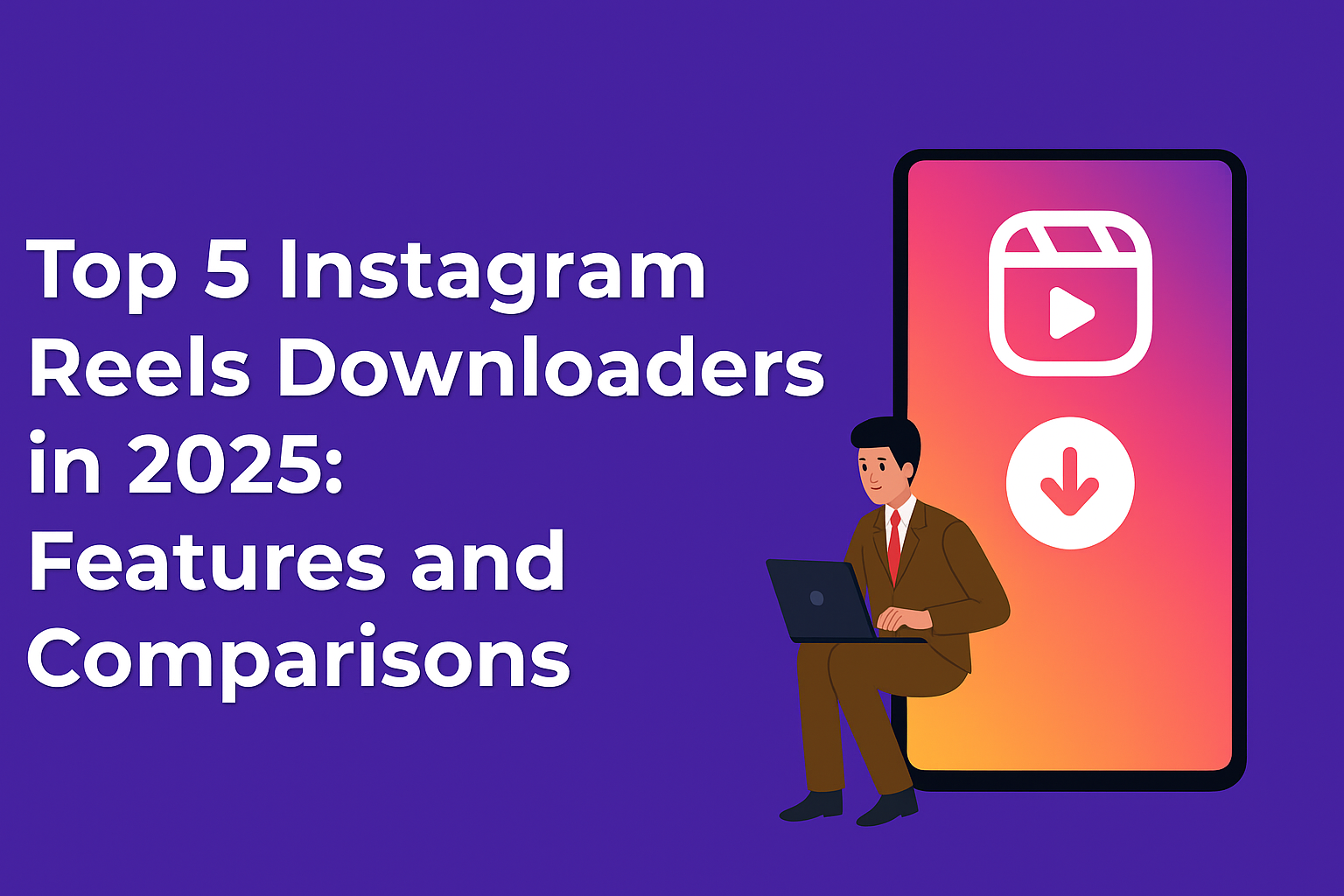Navigating intellectual property on social media can feel like a maze. You might think, "I've got this," but it's easy to trip up and find yourself soaked in hot water.
You've probably seen or heard about businesses getting snagged by these mistakes before.
Stick around - this quick read could save you a legal headache down the road.
Let's break down the common IP pitfalls entrepreneurs face on platforms like Facebook and Instagram, so you know exactly what to avoid.
1. Using Unlicensed Images
Undoubtedly, images attract massive attention on social media compared to plain text posts. However, grabbing random images from Google can land you in legal trouble.
Copyright laws protect most online photos and require proper licensing for commercial use.
You might think using a watermark-free image is safe - it's not. Even if an image lacks clear ownership markings, it may still be protected by copyright law.
Platforms like Facebook and Instagram are cracking down on this with advanced algorithms to detect unauthorized use of images. To protect your business, make sure to source visuals from licensed providers or use your own photos.
2. Overlooking Trademark Infringements
Logos, slogans, business names - these elements define your brand's identity on social media. However, if you accidentally use someone else’s trademarked content, it could spell big trouble.
Trademarks protect distinctive signs used in commerce and are rigorously enforced by their owners.
Social media platforms don’t monitor this actively for you. This means the onus falls on your shoulders to ensure that no element of your posts infringes on existing trademarks.
If you're unsure about navigating these legal waters or need guidance specific to, say Canada, professionals like Heer Law can offer expert assistance with trademark infringement issues.
3. Ignoring Copyrighted Music
Creative works such as music are a common tool businesses use to draw attention to their social media content. Let’s say you decide to use a trending song in your Instagram video.
Without proper licensing, you could face copyright claims that could result in:
- Video takedowns
- Legal fines
- Account restrictions
Copyright owners have sophisticated detection tools and don't hesitate to enforce their rights. Many believe adding "credit" is enough, but it isn't legally sufficient.
Instead of risking penalties, consider royalty-free music libraries or licensing services for safe usage and maintaining compliance on your social channels.
4. Failing to Register Your Own IP
Depending on the type and nature of your business, there’s a big chance you’ll have your own unique content - be it logos, product designs, or catchy slogans.
Not registering this intellectual property leaves it vulnerable to theft and misuse by competitors.
And if you’re expanding internationally, accurate intellectual property translation is crucial patent filings, trademarks, and legal documents must be translated correctly to ensure your IP is protected and enforceable in other countries.
Imagine investing time and resources in creating something original only for someone else to profit from it without consequence.
Protecting your creations through proper registration can save you costly disputes down the line while solidifying your brand's market position.
For instance, forming an LLC can offer liability protection for personal assets and provide certain tax benefits. Also, it allows you to save on registered agent fees by acting as your own registered agent if you are aware of the procedure and requirements
5. Neglecting Proper Attribution
In some cases when using certain works or portions of content on social media, you may need to credit the original creator.
Failing to provide proper attribution can lead to claims of plagiarism and harm your reputation.
Creative Commons licenses, for instance, often require attribution as a condition for use. This means you must clearly acknowledge the original source within your posts.
Properly attributing sources not only keeps you compliant but also shows respect for creators' work.
6. Copying Competitors’ Content
It’s a naturally competitive world, and it only gets fiercer when promoting your business on social media. However, mimicking a competitor's content can lead to serious legal repercussions.
Businesses may inadvertently copy:
- Taglines
- Blog posts
- Ad creatives
- Product descriptions
While drawing inspiration is fine, direct copying constitutes infringement and damages your credibility.
And besides the legal risks, this practice hinders your brand's uniqueness. Developing original content that reflects your distinct voice helps in standing out authentically in the crowded digital marketplace.
7. Misusing Stock Photos
Let’s talk some more about image use for a bit. You see, even stock photos can be misused if you’re not careful.
Using these images beyond the licensed scope - like in a logo or merchandise - can violate terms and land you in trouble.
For instance:
- Applying an editorial-use-only image in a commercial post
- Altering photos that are only to be used as-is
It's best to always read and adhere to the licensing agreements of stock photo sites. Ensuring compliance helps maintain your business's integrity while leveraging professional visuals effectively.
In Conclusion: Future-Proofing Your Brand
Securing your intellectual property on social media isn't just about avoiding pitfalls. It's about building a resilient brand that thrives in the digital age.
Stay proactive, protect your creations, and ensure your business's longevity with strong IP practices. Your future self will thank you!




.png)



